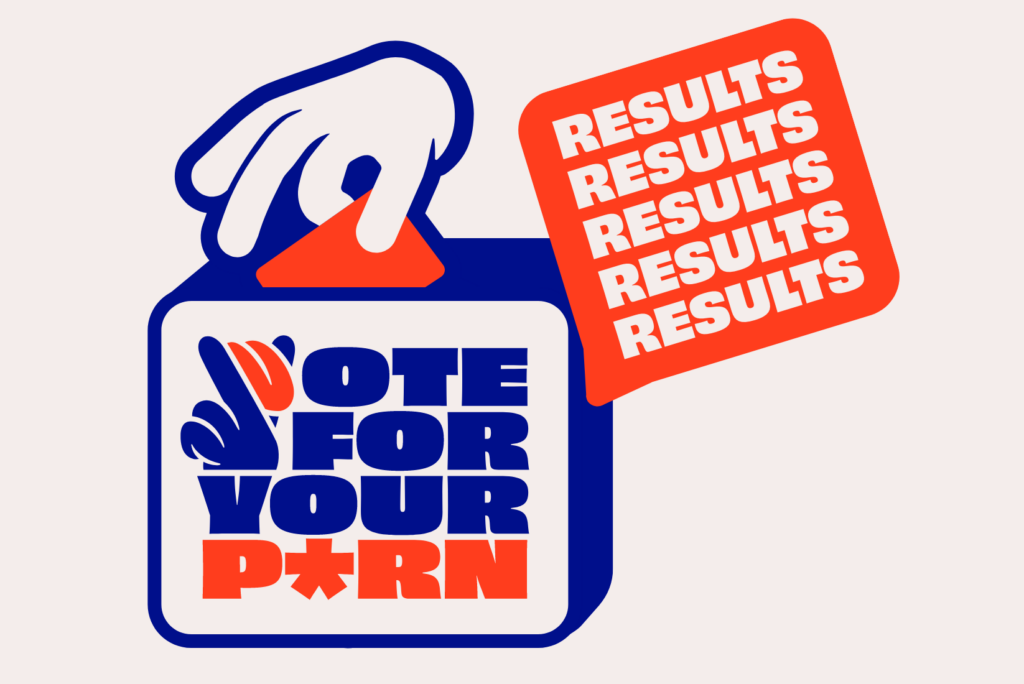It was only in the 1950s when a myriad of countries first started introducing sexuality education (SE) as a subject in their school curriculums. Before then, discussing any sex-related topic was solely the responsibility of the family – it was therefore probably not much discussed given the existing shame and stigma surrounding sex at the time. At first sex ed was simply put in place to try and combat a number of social issues such as teen pregnancy, STI transmission, sexual abuse, and in more recent years the prevention of homophobia, sexism, and online bullying. However, sex is much more than the issues surrounding it. Of course it is necessary to teach young kids and teens to be safe, but we must find a way of doing it without basing it on fear and guilt but rather on pleasure and self-exploration. In recent years, the anti sex-ed movement that started in the 1960s has been dangerously growing louder. Why is that? How can anyone believe sex ed to be harmful? At least things are quickly progressing and hopefully the kids being taught sex ed today are gaining more out of it than people did even 10 years ago — but still sex ed in schools remains a controversial subject, why?
Why do we even need to teach kids about sex?
Think about it for a second, how did you learn about sex? Was it in SE at school or through porn? Maybe even by just experimenting firsthand? While there is no wrong way to learn the ins and outs of sex, you can prevent a multiplicity of fiascos by being more informed about what it is you are doing. These are the basic things that are always taught in sex ed: how to put on a condom, different methods of birth control, how STIs are transferred, etc. However it is HOW these things are taught that will shape how the kids/teens will approach and think about sex. While it is important to emphasise that unsafe sex comes with its risks, it is also of utmost importance to make it clear to teens that sex is all about pleasure and self-exploration too. There is no right way to have sex, sex can look like many things and is not confined to penis-in-vagina penetration. We need to leave behind those heteronormative stereotypes and move towards more inclusive sex ed.
Everyone will have had a different experience with SE at school. You will probably have heard at least one of the following: “All we did was put condoms on bananas,” “Every lesson would be about consent,” “I dreaded those ‘do you want my sandwich?’ videos,” “They showed us pictures of genitals with STIs!”
What all these experiences have in common is their focus on the dangers of sex. They could easily instil a sense of uncertainty and shame in any young person. There is no need to make every lesson about how BAD sex is because young people will keep having sex anyway (the majority of them at least). We should instead focus on how they can be safe AND have fun.
What is so controversial about sex ed being taught in schools?
As society’s attitude towards sex becomes more open and free from taboo, extreme conservatives are becoming more outspoken about their discontent regarding these changes. Their reasoning is: If we teach kids about sex, we will encourage them to engage in sexual behaviour. Similarly, bills across different states in America have not only banned discussing LGBTQIA2S+ themes in class, but have also tried to alter the ways in which teachers and other students interact with and address the LGBTQIA2S+ youth. The parents and communities pushing these bills believe that not educating children about certain topics, will prevent them from exploring said topics. Yet, these kids will inevitably face or come across these issues sooner or later. Teaching kids in an informative, bias-free, and age-appropriate manner will only empower them to understand their own bodies and desires, and those of others.
Where are we going wrong?
- Letting teachers who feel uncomfortable talking about sex to their pupils, and add to its stigma.
- Focusing solely on cis–het sex and relationships, which can be really invalidating for youth that does not feel identified.
- Especially for vulva owners: mainly discussing consent week after week, which is necessary, but what about pleasure? What about communication? Sex is not only about not getting STIs, or preventing SA. Sex is also fun.
- Being way more crude with penis-owners, teaching them “how-to’s” to prepare them to have sex.
- Bringing guilt and shame upon vulva-owners, and pressure to perform upon penis-owners. This disparity in teaching is one of the factors that contribute to our binary thinking and perpetuate toxic gender norms.
What can we do better?
- Hire professionals who are informed and know how to discuss the topic of sex in a classroom environment.
- Teach different topics to different age groups depending on their stage of development, ie. teach young kids about anatomy, older kids about what sex is, teens about relationships, etc.
- Discuss consent and safety, but in an informative rather than threatening way. Emphasise that communication with yourself and your partner is key and that the point of sex is not only procreation but also pleasure and self-exploration.
- Discuss contraception options more thoroughly, not only “Put a condom on a banana”.
- Use inclusive language and illustrations that make everyone feel seen - not only queer friendly, but racially diverse, and with different abilities.
- Adapt to current times and trends, including online dating and interactions on social media.








